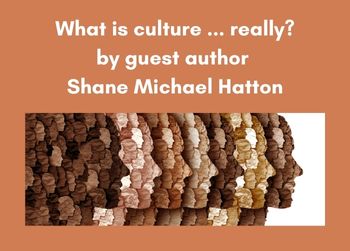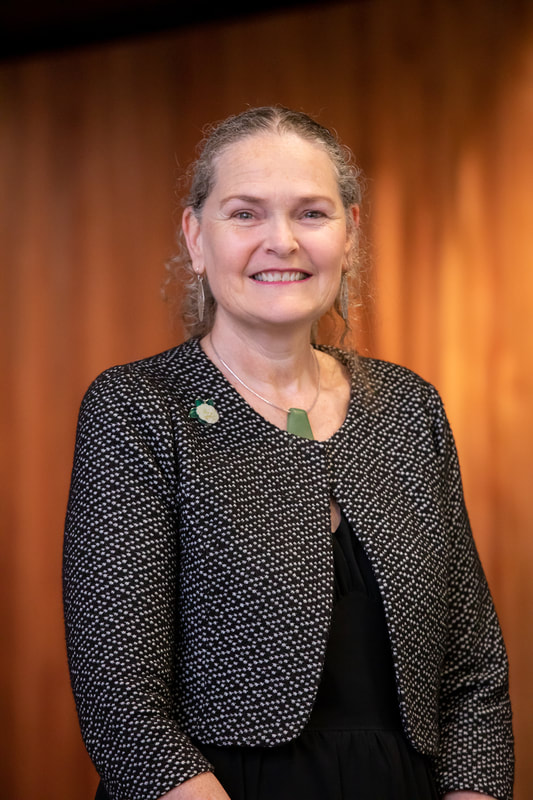This blog post has been reproduced with the permission of author Shane Michael Hatton.
Learn more about Shane’s work at the end of this post.
Have you heard the story of the three goldfish?
It was originally told in a commencement speech delivered by David Foster Wallace in 2005 at Kenyon College, later published as an essay titled ‘This Is Water’. It quickly became one of his most read pieces of work.
The story goes:
‘There are these two young fish swimming along, and they happen to meet an older fish swimming the other way, who nods at them and says, “Morning, boys. How’s the water?” And the two young fish swim on for a bit, and then eventually one of them looks over at the other and goes, “What the hell is water?”’
Culture is a hot topic. You’ve probably heard quotes like “culture eats strategy for breakfast” and “culture is your competitive advantage”.
You might have even used phrases like:
• I love/hate the culture here.
• That person doesn’t really get our culture.
• They are a good/bad culture fit.
• We need to work on our culture.
• The culture isn’t what it used to be.
But what is culture…really?
Making sense of culture can feel like a goldfish trying to make sense of water. We spend our lives immersed in it we can remain mostly unaware of its presence or impact.
Last year in my research project with McCrindle we asked 1,002 Australian managers if they could define culture. Ninety-seven per cent told us they could.
Of course, our next question was ‘how do you define it?’
People struggled. It wasn’t that the answers they gave were necessarily wrong, rather, they struggled to give a consistent answer.
One in ten respondents described culture as:
‘Organisational culture is the collection of values, expectations, and practices that guide and inform the actions of all team members.’
It was interesting that they could all articulate it this way. As it turns out if you google ‘define organisational and team culture’ this is the first answer you’ll get.
For many, rather than defining what culture is, they described the evidence of what they believed to be healthy culture using words such as ‘positive’, ‘inclusive’ and ‘valuing of individuals’.
It led me to this conclusion:
‘Culture is easy to describe but hard to define’.
If you want to start a heated debate, ask people to define culture. What makes defining culture so challenging is that right now a universal understanding of culture just doesn’t exist. However, our biggest threat is that we can spend more time trying to define culture than we do applying it.
I would suggest that ‘what is the right definition of culture?’ is the wrong question. And the more helpful question is, ‘What do I need to know to act on culture?’
In this short series, we’re going to look at four key elements to help us better understand what culture is so we can know what we can do about it.
Here’s question to reflect on:
“What elements do I believe contribute to our organisational or team culture?”
Want to know more? You can read Shane’s series of articles on culture here
Reserve Shane’s latest book, Let’s talk culture via the library record below:
Let’s Talk Culture: The conversations you need to create the team you want / Hatton, Shane Michael
“Packed with research-based insights from Australia s leading workplaces, Let s Talk Culture is the how-to guide for people leaders who want to shape a world-class team culture by design.Successful leaders and organisations know that culture is the unseen advantage of world-class teams.” (Catalogue)
Wellington City Libraries also holds Shane’s earlier work :
Lead the room : communicate a message that counts in moments that matter / Hatton, Shane Michael
“Not just a book about presentation skills (though if it helps you nail your next presentation that’s great), my aim with Lead the Room is that it equips you to leverage your platform to lead and mobilise your team and help you become a more effective leader.” Shane M. Hatton.
In the moments that matter, leadership matters. Our world is more globally connected than ever before, with easier access to information than at any point in history, yet in the important moments people aren’t just looking for something that can inform them, they are looking to someone who will lead them. The abundance of fascinating and practical information in Lead the Room is neatly presented in three parts, as the author talks you through what he calls his ‘three big obsessions’: (1) Positioning – Developing your character and your narrative, building your credibility and managing your reputation as a leader. (2) Messaging – Determining the value you offer, defining the message you want to convey and delivering your message with impact; and (3) Developing – Getting better at thinking, investing in yourself, asking for feedback and learning how to fail. Lead the Room is full of thought-provoking anecdotes and examples, that will inform and educate – and often make you smile. After reading this book the next time you stand up on your platform, whatever that may look like, you’ll see it as more than an opportunity to speak to the room; rather, you’ll see it as an opportunity to lead the room. Every moment matters. Use it as an opportunity to say something that truly counts.” (Catalogue)
Shane Michael Hatton is an author, trainer, coach and speaker based out of Melbourne, Australia and works online, onstage and in person. “I’m a member of the Forbes Global Coaches Council, a Gallup Certified Strengths Coach and the author of ‘Lead The Room – Communicate a Message That Counts in Moments That Matter’”.
If you need more information please contact the Prosearch team at the library. We can help you find information across a range of perspectives and resources. All enquiries are treated in confidence.





